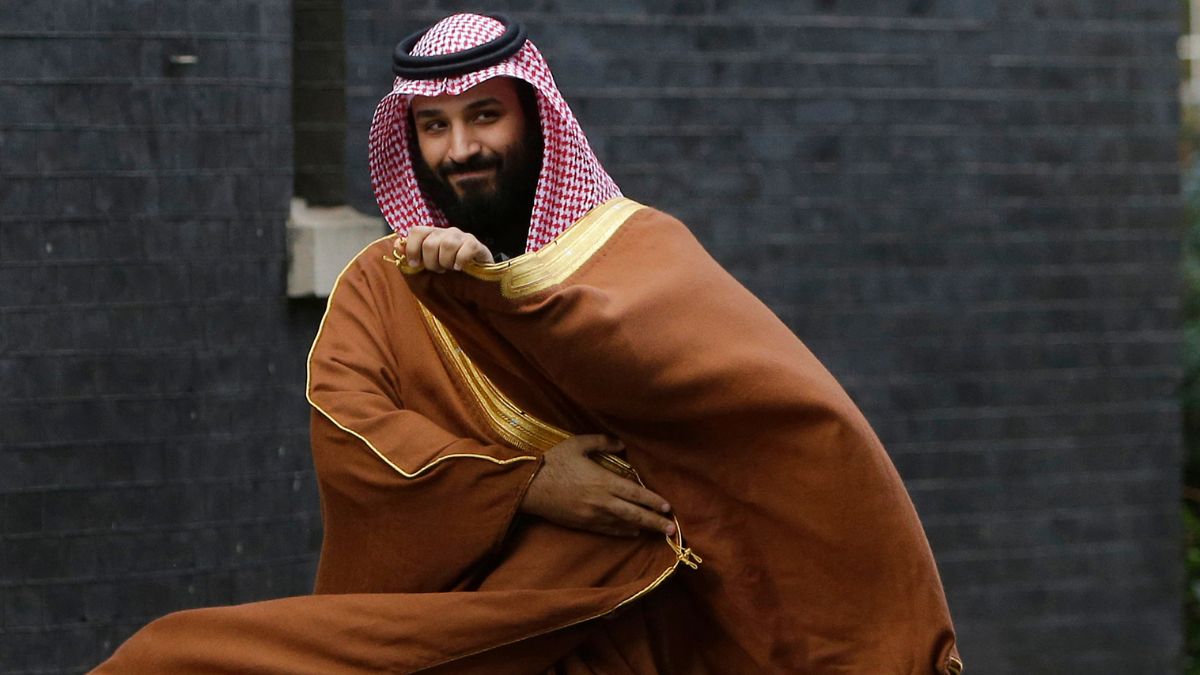Saudi Arabia said ‘no’: Riyadh’s THAAD refusal to Israel signals it is getting close to Tehran
 Saudi Arabia Crown Prince Mohammed bin Salman | AP
Saudi Arabia Crown Prince Mohammed bin Salman | AP
The once-strained Iran-Saudi Arabia relations could be on the path to resurgence, if Riyadh’s foreign policy during the 12-day Israel-Iran war is anything to go by. As per reports, Saudi Arabia reportedly turned down US requests to donate Terminal High Altitude Area Defence (THAAD) interceptors to Israel during the war.
The US request to Riyadh came as Israel reported a shortage of THAAD interceptors during the war, resulting in Iranian ballistic missiles raining down on Israeli cities. The US reportedly asked Saudi Arabia to turn over its interceptors to help Israel, but was met with an emphatic “no”, according to a report by Middle East Eye quoting two US officials.
"During the war, we asked everyone to donate," one official told MEE. "When that didn't work, we tried deal-making. It wasn't aimed at one country."
Christopher Mamaux, who is the deputy assistant secretary of Defense for Global Partnerships, was in charge of the deal-making, according to the report.
Though Saudi Arabia was in a position to help Israel, it declined to do so despite the US emphasising that Iran was a threat to them as well. The request came as Riyadh was all set to get its first THAAD battery purchased with its own funds. Nine days after Israel and Iran reached a ceasefire, Saudi Arabia inaugurated the battery.
Not just Saudi Arabia, the US also asked the United Arab Emirates to share interceptors with Israel. But, the UAE’s response is not clear.
This comes amid reports that Israel was rapidly depleting the US's stockpile of ballistic missile interceptors.
However, many claim that the Saudi and UAE refusal to help Israel reflects their decision to stay out of the conflict, considering that they had recently revived relations.
There are also hints that Saudi Arabia could be improving its ties with Iran. Over the last few weeks, several meetings were held between Riyadh and Tehran at the highest levels.
On July 8, Saudi Crown Prince Mohammed bin Salman met with Iranian Foreign Minister Abbas Araqchi in Jeddah. During the meeting, bin Salman condemned the Israeli attack on Iranian soil and expressed opposition to any military action that violates the sovereignty and territorial integrity of the Islamic Republic. Sources within Saudi Arabia have made it clear to Western media that its rapporachment with Iran would continue. The renewed diplomatic warmth between the countries was enabled through China’s mediation efforts in 2023, which saw Iran and Saudi Arabia formally restore ties after years of estrangement.
Experts warn that the October 7 attack and the subsequent war has altered the geopolitical equations in the Middle East. Tehran, with all its proxies weakened, is now not much of a threat as it was before.
“The Iran of 2022 . . . is not the Iran of 2025,” said Gregory Gause, a visiting scholar at the Middle East Institute in Washington told Financial Times. “By contrast, the victorious Israel of 2025 looks to be a destabilising element of politics across the region,” he added.
Middle East